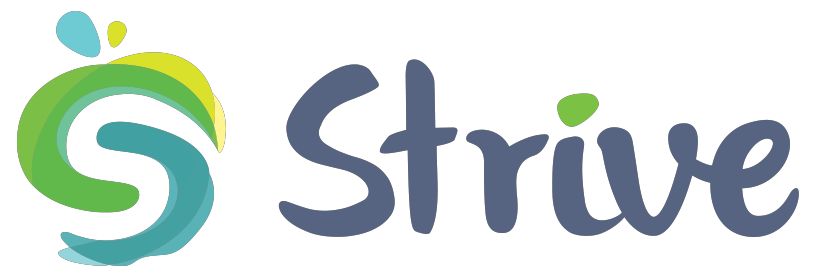OER UNPACKED: EMPOWERING MENTORS AND STUDENTS IN FIELD PLACEMENTS
In this post, Fanshawe College Early Childhood Leadership students Noah King and Rhea Terry share their valuable perspectives on contributing to the development of an Open Educational Resource (OER) aimed at enhancing field experiences for both students and mentors.
Field practicum experiences are one of the most important and influential parts of the Early Childhood Education (ECE) and Early Childhood Leadership (ECL) programs. They provide students with the opportunity to apply their theoretical knowledge into real world practice, and have a strong impact on students’ senses of belonging within the field. Recognizing this, Fanshawe’s educational faculty in both the ECE and ECL programs saw a strong need for a resource that seamlessly supports students, agency mentors, and faculty advisors during this phase, and our team collaboratively worked to create an Open Educational Resource (OER) that seeks to enhance field experiences for all stakeholders.
The educational team recognized challenges students faced when navigating field practicum workbooks and instructional workbooks via course pages. Instead, they envisioned one cohesive guideline that not only outlined practical requirements, but also offered additional resources to support students, agency mentors, and field advisors throughout the field experience.
While reviewing literature, we discovered an article that highlighted the need for clarity for agency mentors on students’ learning goals and expected roles during their practicums in order to help engage them in daily routines and activities in a meaningful way. The OER includes many tips and strategies for all stakeholders on ways to collaborate and communicate effectively to ensure that students’ goals are understood, supported, and scaffolded upon to ensure their growth and development as professionals within the ECE field, as the relationship between mentors and students’ was highlighted as a ‘make or break’ factor during many students’ field experiences. As students who have completed several practicums, what was particularly impactful for us is that this project allowed for us to address some of the challenges that we had directly encountered during past field experiences and make a meaningful contribution to continuous quality improvement (CQI) in future students' field experiences.
This OER will effectively serve as a comprehensive guide for students, agency mentors, and faculty advisors. Our aim is to bridge communication gaps and provide consistent and clear expectations for all parties involved in the practicum experience. Not only will this be helpful for students in navigating their practicum experience, it will also support mentors and advisors in effectively assessing students as well.
Key features of the OER include:
Clarity of expectations for students, agency mentors, and faculty advisors when participating in field placements.
Consistent access to program information for all stakeholders.
Additional resources that can support students and agency mentors in fulfilling the learning outcomes for each practicum.
Support and encouragement for the development of caring and responsive relationships between students and agency mentors.
A main benefit of this OER is that it is a one-stop shop for all the information that students need to prepare for their field placement experiences. The OER has chapters dedicated to each of the four placement experiences, including access to the field placement manuals with tutorials on how to fill out the forms and share them with their agency mentors and faculty advisors. On top of that, the second chapter of the OER discusses the roles and responsibilities of each stakeholder, along with tips and strategies for students on how to prepare for and be successful during their field experience. To offer a more personal perspective, testimonials are also included from students who have already completed each practicum. These firsthand accounts provide valuable insight, and highlight the unique and diverse roles that can be taken on during each placement experience. We foresee this instilling confidence in future students as many of the testimonials speak to the fact that many students were able to participate with organizations that truly spoke to their special interests and passions, and that coming out of these experiences they felt that their leadership capacities and expertise had been expanded.
Our hope is that this resource fosters mutual respect, shared goals, and clear communication among students, agency mentors, and faculty advisors. Our aim is to enhance the field experience for students and empower agency mentors and faculty advisors to provide meaningful feedback along their journey to contribute to their development as emerging leaders within the field. We also see that chapter 3 Relationships with Mentors specifically will contribute to improving upon the overall quality and experience for all stakeholders during field experiences. As more people use this platform, we hope that it continues to evolve to meet the changing needs of students, mentors, and the ECE field.
Written by: Noah King and Rhea Terry
Noah and Rhea played a key role in their solutions project by contributing to the development of an open education resource tailored for emerging community leaders (ECLs). Their work focused on creating accessible and impactful tools to support leadership growth and community engagement.
Rhea Terry
Noah King


